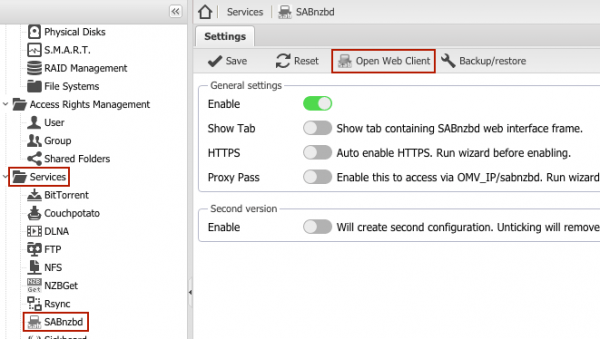

Both Home Assistant and HASS.io are open-source but HASS.io is optimized for embedded devices like Raspberry Pi. Why would I want to move to HASS.io? HASS.io is a more self-contained home assistant setup and is much easier for beginners to install and start. HASS.io on Ubuntu Server / Debian using Docker - Final Thoughtsįirst, you may ask, I already run Home Assistant or Home Assistant on Docker.Move Home Assistant Configuration to HASS.io.I decided to write this guide for people that are in my situation. But I wanted the benefits of HASS.io (listed below), without the limitations of Raspberry Pi hardware. HASS.io on Raspberry Pi is the most common setup. As the title suggests, recently I decided to move from Home Assistant on Docker to HASS.io on Docker on Ubuntu Server for reasons detailed below. Then tried Home Assistant on a Python virtual environment and finally settled on Home Assistant on Docker due to its simplicity/portability. I started out with HASS.io on Raspberry Pi 3, but quickly realized it was too underpowered. There are many ways to install Home Assistant. Hopefully, a community member picks it up and keeps it updated. Therefore, the have stopped updating removed stopped updating the HASSio install script used/linked in this post. However, the installation of Home Assistant Supervised in Docker is now an "unofficial" method and will not be supported by Home Assistant folks.

The method described here would have fallen under the new "Home Assistant Supervised" name. June 11, 2020: It appears that Home Assistant folks made quite a few changes over the last few months. If you do not like the uncertainty, check my GitHub Repo for home assistant docker-compose example.

I am quite confident that one of the community members will pick it up and keep it going. However, it is still not an officially supported method and could stop working anytime. June 28, 2020: This method is working again and I am back to using it.


 0 kommentar(er)
0 kommentar(er)
